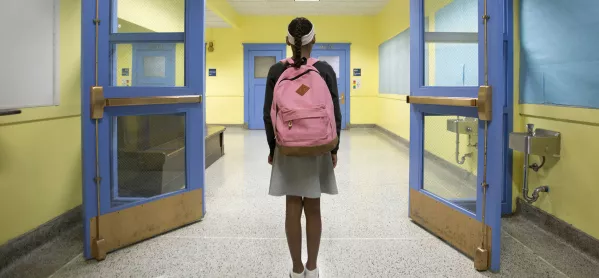Part-time timetables “must not be used to manage a pupil’s behaviour”, new government guidance states.
These timetables must only be used in “very exceptional” circumstances, according to new attendance guidance published by the Department for Education today.
The guidance says that an example of when part-time timetables could be used would be when a medical condition “prevents a pupil from attending school full-time and a part-time timetable is considered as part of a reintegration package”.
It also says that any such timetable “should seek to maximise face-to-face school time as much as possible”, and that schools should consider “providing remote education to help pupils stay on track with the education they would normally receive”.
The new guidance comes after Ofsted warned that schools were increasingly using part-time schedules to manage some pupils’ behaviour.
The inspectorate said that some schools have told inspectors that they see this as an alternative to having to carry out an exclusion.
At the time of Ofsted’s warning, Geoff Barton, general secretary of the Association of School and College Leaders, highlighted the way in which education support services available to schools have fallen away.
New attendance guidance for schools
The DfE’s attendance guidance also says that there is “no need to routinely ask for medical evidence to support recording an absence as authorised for mental health reasons”.
It states that in general GPs are “unlikely to be able to offer such evidence to support one-off absences related to mental health”.
But it adds that in the case of longer-term absence, “seeking medical evidence may be appropriate to assist in assessing whether the child requires additional support to help them to attend more regularly”.
The guidance follows a report last year, which argued that mental health and wellbeing support should be added to pandemic catch-up activities in schools.
The Covid Social Mobility and Opportunities (COSMO) Study study, led jointly by University College London and the Sutton Trust, also recommended “ring-fenced” funding for mental health services to support pupils in all schools.





